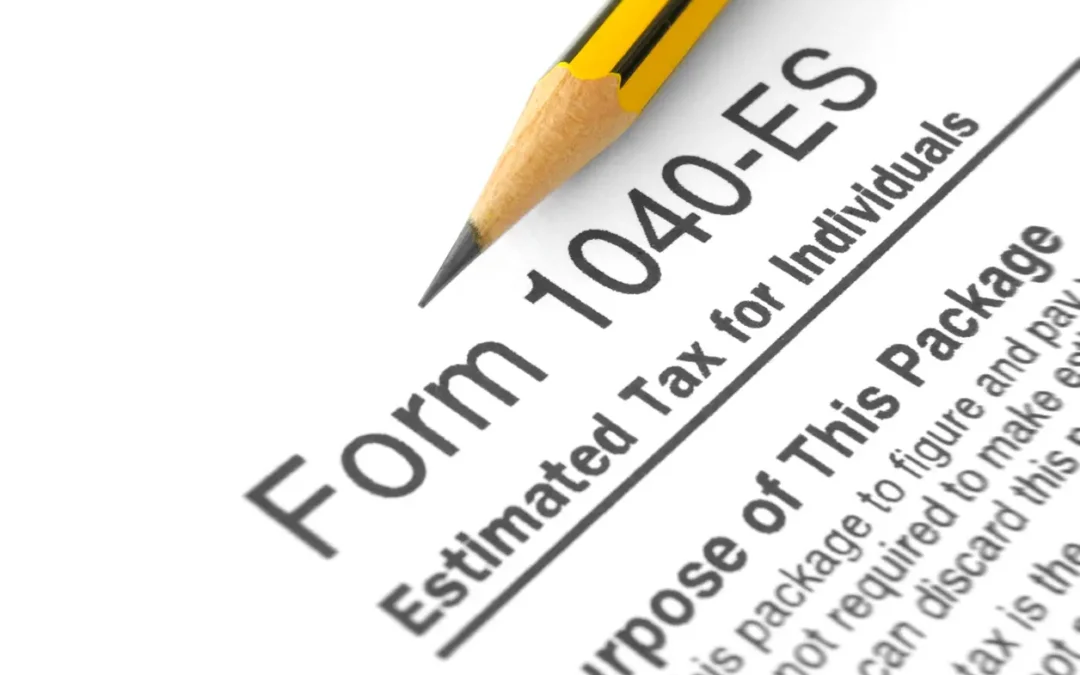The One Big Beautiful Bill Act (OBBBA) introduces a range of tax changes that will impact businesses. Many provisions set to expire this year are now being extended or made permanent. Below is a snapshot of two important changes to help you with tax planning in the fourth quarter of 2025 and going forward.










